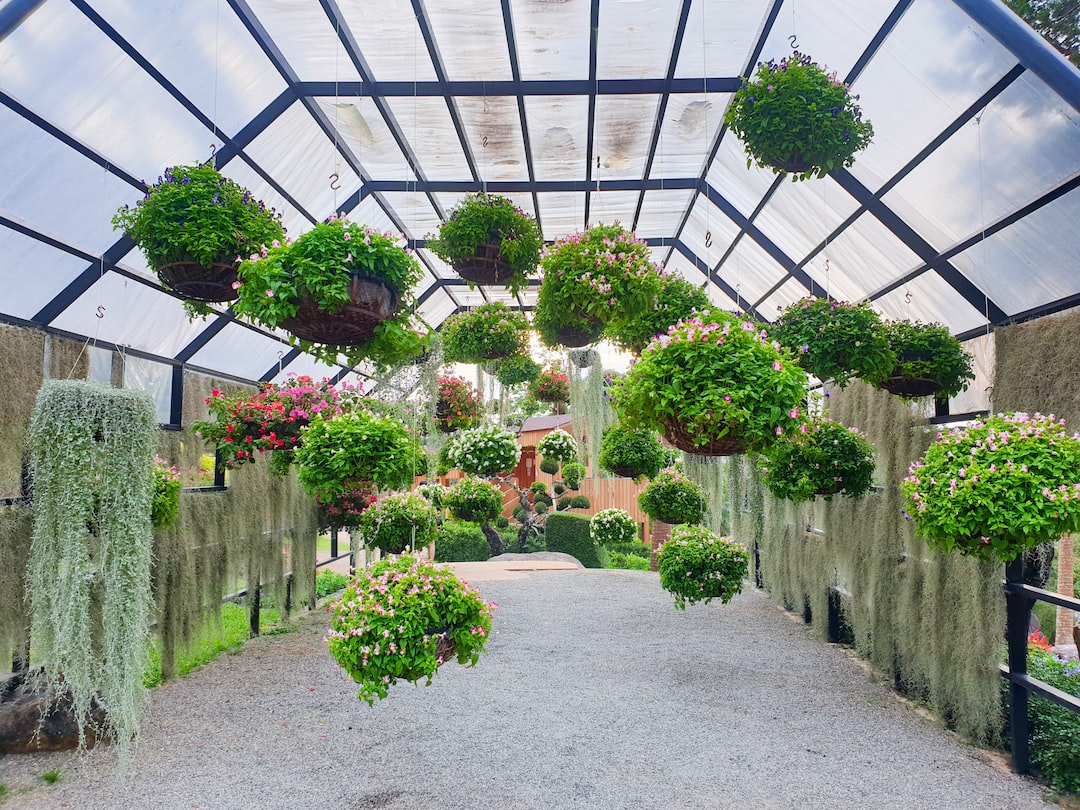Gardening in a Changing Climate: Adaptation and Resilience
Climate change is a pressing issue that affects various aspects of our lives, including gardening. As temperatures rise, weather patterns become erratic, and extreme events become more frequent, gardeners face new challenges in nurturing their plants and creating flourishing gardens. However, adversity often sparks innovation, and it is through adaptation and resilience that gardeners can continue to enjoy the benefits of gardening in this changing climate.
One of the key aspects of adapting to a changing climate is understanding the specific challenges faced in your region. Different regions will experience varying effects of climate change, such as increased temperatures, droughts, or heavier rainfall. By staying informed about local climate projections and observing changes in your own garden, you can better understand the specific challenges that need to be addressed.
Water availability is a major concern in many regions impacted by climate change. Droughts, increased evaporation rates, and water scarcity can make it difficult to sustain a garden. As a gardener, you can reduce your water usage by implementing water-saving techniques. For instance, mulching around plants can help retain moisture, while drip irrigation systems can deliver water directly to the roots, minimizing waste. Collecting rainwater in barrels and using greywater from showers or dishwashing can also help reduce reliance on traditional water sources.
In addition to water conservation, selecting appropriate plant species is paramount for resilience in a changing climate. Native and drought-resistant plants are likely to have a higher tolerance for the local conditions in your region. These plants have adapted over time to survive in specific climates, and they can often withstand extreme events better. Researching and choosing plant varieties that are known to thrive in your region’s changing conditions can save you time, effort, and resources in the long run.
Building resilience in your garden goes beyond plant selection. It also involves creating an ecosystem that supports the health of your plants. This can be achieved by encouraging beneficial insects, such as bees and ladybugs, which contribute to pollination and natural pest control. Avoiding chemical pesticides and fostering biodiversity by including a variety of plants and native species in your garden can help create a balanced ecosystem that is better equipped to withstand climate change impacts.
Another aspect of adaptation in gardening is being proactive in mitigating potential risks. For example, extreme heat events can damage or even kill plants. Installing shade structures or using shade cloths during peak heat can help protect delicate plants. Similarly, erecting windbreaks or using mulch can help prevent soil erosion and protect plants from strong winds. Regularly monitoring your garden for signs of stress or damage and taking necessary preventive measures can play a crucial role in maintaining a healthy garden in a changing climate.
Community involvement and education are also essential in fostering resilience. By sharing knowledge, experiences, and resources with fellow gardeners, you can collectively adapt to the changing climate. Local gardening groups, workshops, or online forums provide platforms for discussion and learning from one another’s successes and challenges. Engaging in citizen science projects or participating in seed exchanges can further contribute to community resilience by building local adaptations and preserving plant diversity.
In conclusion, gardening in a changing climate requires adaptation and resilience. By understanding the unique challenges faced in your region, conserving water, selecting appropriate plant species, fostering ecosystems, mitigating risks, and engaging with the gardening community, you can continue to enjoy the benefits of gardening despite climate change. Remember, with every challenge, there is an opportunity for innovation, growth, and creating a sustainable future both for our gardens and the planet.

